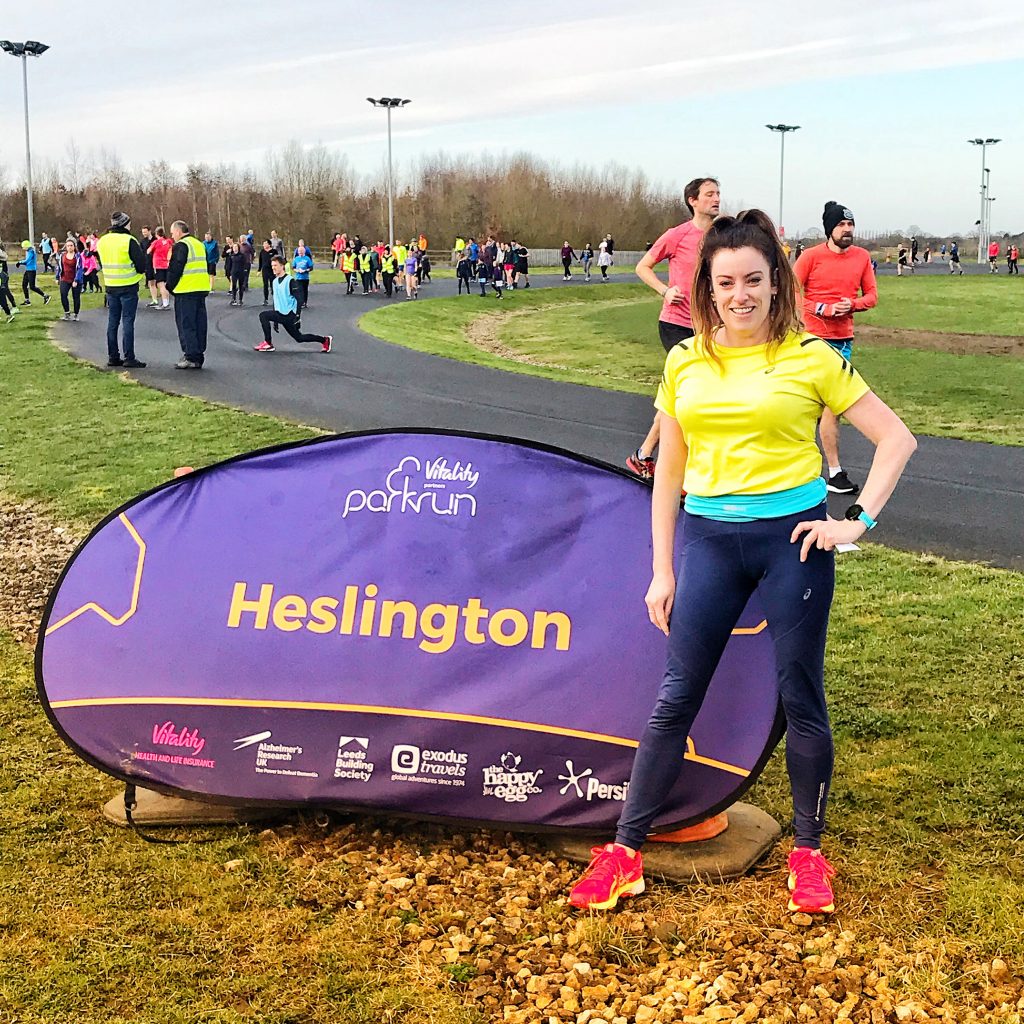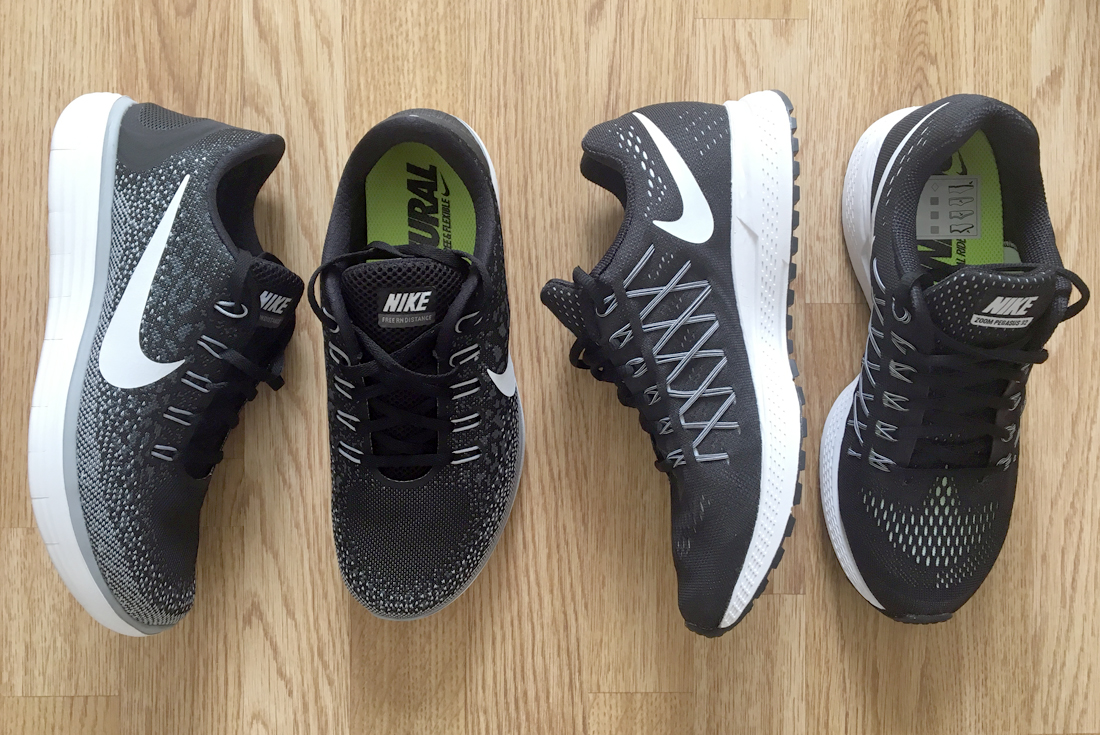
It often surprises people when I reveal that I’ve completed ten marathons. I’m met with two common responses: “You don’t look like a runner” and the inevitable question, “Have you ever run the London Marathon?”
As I begin to explain the daunting ballot system and the challenges of securing a spot, I can sense their interest waning. Many tune out before I even get to the part about the substantial charity fundraising required.
Running the London Marathon had always been my dream before hitting 40, but time was running out. After seven years of applying and facing rejection from the ballot, that dream seemed to fade away. I had almost resigned myself to the idea that it might never happen, even pushing the goal to “maybe I’ll run it before I’m 50.”
Then came the usual rejection email, but this time, a glimmer of hope emerged when I had the chance to enter our running club’s ballot. Athletic clubs affiliated with British Athletics are eligible for club entries, and to my amazement, my name was drawn for one of those coveted spots. It felt surreal, and if I’m honest, it still does. I don’t think it’ll fully sink in until I’m standing in that starting pen.
Determined to prove that the club’s spot went to the “right” person, I committed to rigorous training. Securing a place in this marathon is no easy feat, and I felt the need to justify it. My sights were set on achieving a sub-4-hour marathon, a significant improvement from my current PB of 4.12.
And so, my marathon journey began…
For the past three months, my life has revolved around this race. I became a woman on a mission, diligently following the training plan posted on my fridge and completing every session without fail. I pushed myself, embracing even the most challenging runs, including those grueling hills. I immersed myself in YouTube videos of the race and drove my colleagues to the brink with my marathon chatter. The hard work paid off when I set a new personal best in my first race of the year!
Fast forward to March 13, 2020, as I approached the 11th week of training, the high-mileage phase was in full swing. However, the announcement I had both dreaded and anticipated arrived. Due to the global COVID-19 pandemic, the London Marathon was postponed until October. While completely understandable given the circumstances, it was undeniably heartbreaking.
This announcement was followed by the cancellation of many other spring marathons and events across the globe.
So, what’s next?
It’s entirely normal to feel disappointed; we’ve had our goal postponed. We trained diligently through winter and braved countless storms (I lost count too) to have our moment taken away. We adhered to sensible diets, stayed well-hydrated, abstained from alcohol, and ensured we got a full eight hours of sleep. You might be wondering if it was all for nothing, but it wasn’t. It has provided us with a solid foundation to build upon.
To quote an article I recently came across in Runners World, Robbie Britton, a GB ultra runner, points out:
“Marathon training can make you extremely fit, whereas the race itself can be quite destructive and leave a runner needing time off for recovery. So a marathon training block without the race at the end will leave any athlete in a really strong position. It’s a fantastic foundation on which a strong autumn marathon could be built.”
Above all, remember that we’re all in this together. For now, I’ve dialled back the distance and am simply running for movement and sanity. I’m embracing the freedom of the outdoors while I still can and looking forward to taking it a bit easier until the formal training resumes. I waited seven years to run the London Marathon, so what are a few more months?




